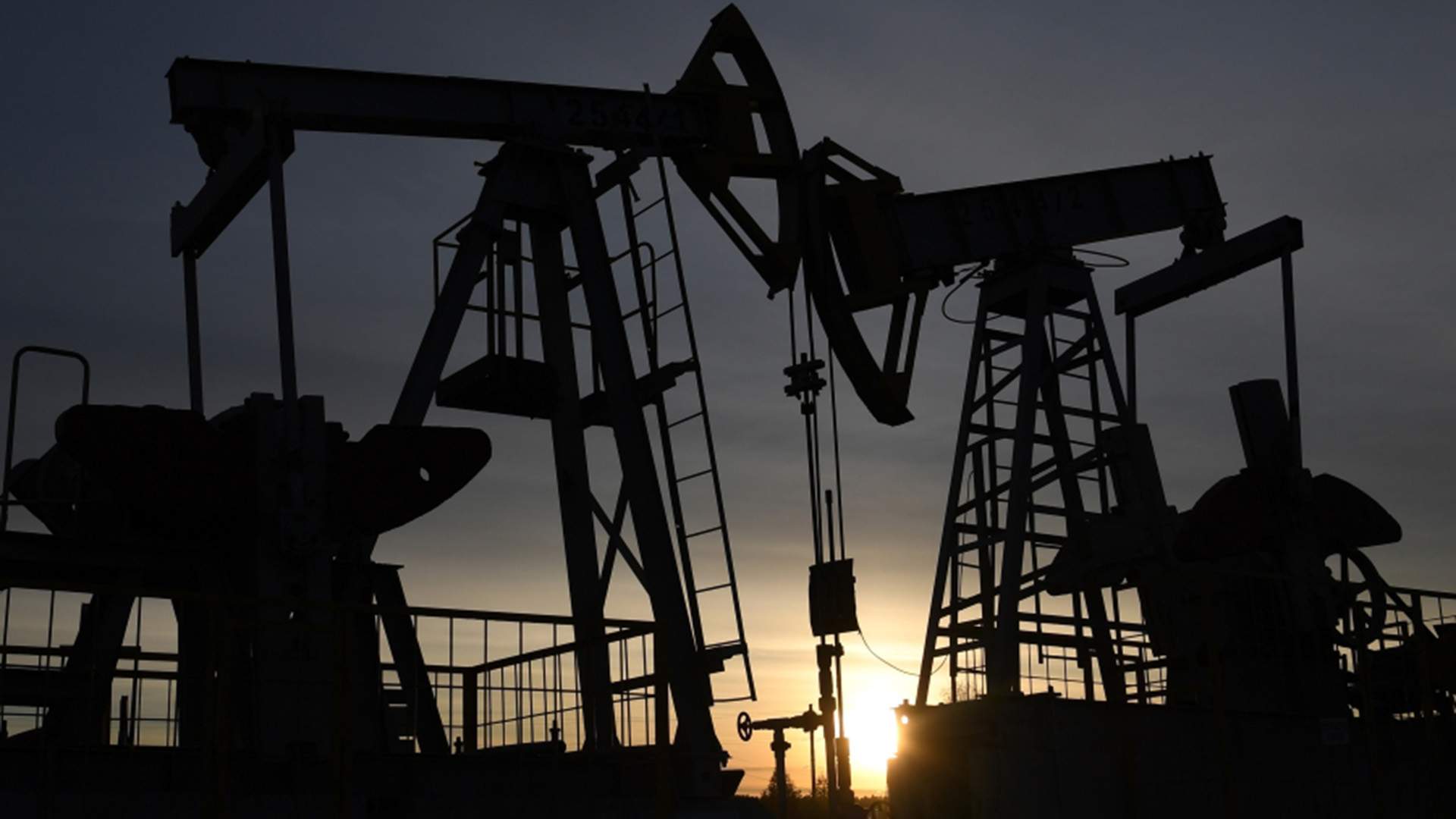
BRICS+member joins OPEC+ in surprise move
By Rhod Mackenzie
The OPEC+ meeting concluded with a surprising outcome. The association of petroleun exporting countries has secured a new ally in the form of Brazil. This substantially enhances the influence of OPEC+ resolutions. This is a significant development as Brazil, along with the United States, previously increased production volumes and disrupted the cartel's stabilisation efforts. Brazil has now aligned its stance with OPEC + instead of the United States.
The OPEC+ ministerial meeting, scheduled annually, was unexpectedly postponed from last weekend but ended with groundbreaking news. A decision was made to reduce production by 2.2 million barrels/day in Q1 2024.
The Brazilian Energy Minister, Alexander Silveira, confirmed Brazil's inclusion in OPEC+ in 2024, which Russian Deputy Prime Minister Alexander Novak reaffirmed. Consequently, OPEC+ membership will expand from 23 to 24 states from next year onwards.
"During today's session, the Brazilian Minister confirmed their entry into our OPEC+ partnership from January 1, 2024. This move will enable interaction between 24 countries to balance the market situation," stated Novak.
"This means strengthening OPEC+ to when OPEC was first established, it had control over almost 50% of global production. However, over time, non-OPEC countries, including the United States, increased their production which resulted in original OPEC holding less than 40% of the market share. In order to maintain some influence over the market, production had to vary significantly.
" Since Saudi Arabia was the main producer in classical OPEC, it had to significantly reduce production to boost oil prices on the market.
Consequently, OPEC lost its influence on the market, leading to the creation of OPEC+, which includes Russia. Currently, the organization accounts for over half of global production, and each participant can decrease production without significantly affecting prices. "
Together with Brazil, the share of global oil production will increase, giving OPEC+ even greater influence. This significant development is likely to boost oil prices," notes Igor Yushkov, an analyst at the Russian Financial University and the National Energy Security Fund.
As of July 2023, the Brazilian Institute of Oil and Gas reports that Brazil is the top oil producer in Latin America and ranks ninth worldwide." The top three in the world are the United States, Russia, and Saudi Arabia.
Nonetheless, it is crucial to consider what quotas Brazil will face and how inclined it is to control its production to impact prices.
- says Vladimir Evstifeev, head of Zenit Bank's analytical department.
"The optimal level for all countries involved in the OPEC+ agreement is $90 per barrel of Brent, which they have repeatedly pledged to protect. However, a price range of $80-100 is also viable since extra production cuts decisions were taken only when Brent's price dipped below the $80 threshold and remained at that level for a while," clarified Chernov.
World oil prices have experienced a significant drop since June 2022. According to sources, the benchmark Brent grade price has decreased by 31.62%, falling from $122 to $84 per barrel. Since September 2023, another downturn has seen oil prices fall by almost 12%. To stabilize the market, OPEC+ has taken several measures to reduce production this year and continues to offer support.
Chernov notes that amongst the reasons for the fall in oil prices is the increase in production by countries outside the OPEC+ agreement, namely the USA and Brazil as well as the exceeding of production quotas by some participants, adds Philip Muradyan, senior director for corporate ratings of the Expert RA agency. This is why it is so important that Brazil will now side with OPEC+ and not the US.
